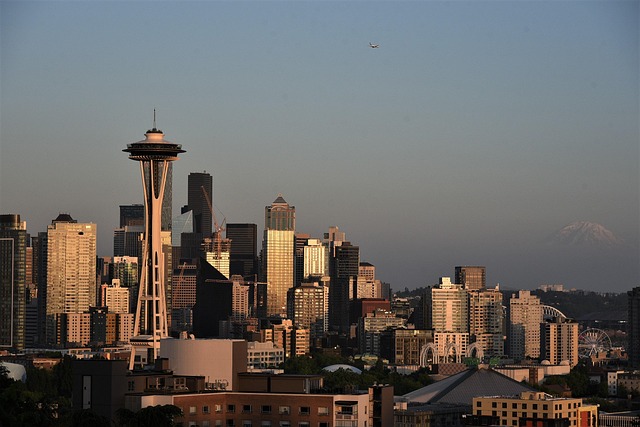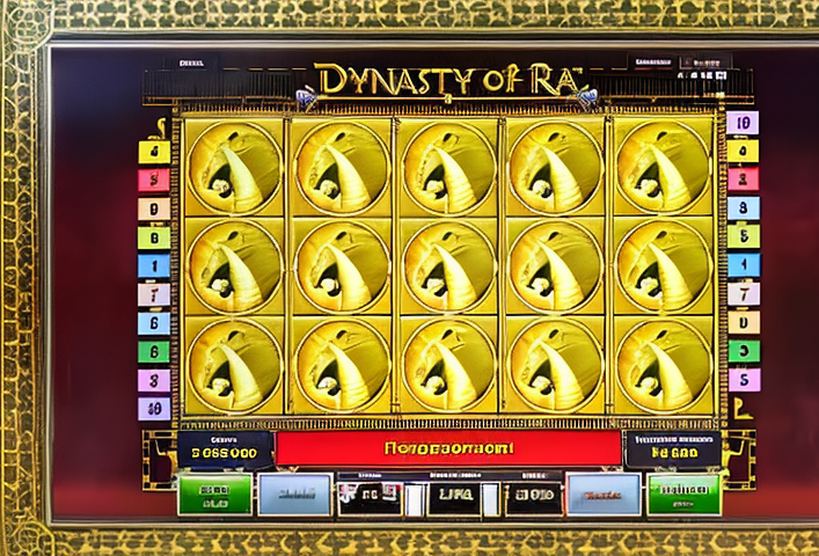
Karachi, Pakistan's economic hub, faces severe waste management issues due to high population density and rapid urban growth. Current practices cause environmental damage and health hazards, with open dumpsites contributing to pollution and unprocessed recyclable materials. The local government is implementing modern collection techniques, recycling programs, and public education to transform these challenges into opportunities. Continued support and investment are crucial for lasting improvements in Karachi's waste management infrastructure. In Malir, source segregation, community engagement, and innovative solutions like waste-to-energy plants can enhance effective waste management strategies.
In the bustling metropolis of Karachi, effective waste management is a pressing issue. This article explores the current scenario of waste disposal and recycling efforts in the city, with a specific focus on the neighborhood of Malir. We delve into strategies that can lead to significant reduction and better management, addressing environmental concerns and enhancing the quality of life for its folks. Discover actionable plans to transform Karachi’s waste landscape, particularly in Malir, and foster a cleaner, more sustainable future.
Waste Management in Karachi: Current Scenario

Karachi, as Pakistan’s economic hub, faces significant challenges in waste management due to its dense population and rapid urbanization. The current scenario is marked by inadequate waste collection systems and improper disposal methods, leading to environmental degradation and health risks. Most of Karachi’s waste ends up in open dumpsites, contributing to air and water pollution, and the city struggles to process recyclable materials effectively.
Despite these challenges, there are efforts underway to improve waste management practices in Karachi. The local government has initiated projects to modernise garbage collection, introduce recycling programs, and promote public awareness about responsible waste disposal. These initiatives hold promise for a cleaner, more sustainable future for Karachi, but sustained support and investment remain crucial for achieving lasting improvements in the city’s waste management system.
Strategies for Effective Waste Reduction in Malir

Malir, a vibrant part of Karachi, faces unique challenges when it comes to waste management due to its dense population and rapid urbanization. However, effective waste reduction strategies are crucial for maintaining a clean and healthy environment. One key approach is to promote source segregation, where residents separate organic, recyclable, and hazardous waste at the source. This method simplifies the collection process and increases recycling rates, reducing the overall burden on landfills.
Community engagement plays a vital role in these efforts. Educating folks about the importance of responsible waste disposal and providing them with easy-to-follow guidelines can lead to significant changes. Initiatives like awareness campaigns, workshops, and community clean-up drives can foster a culture of sustainability. Additionally, implementing innovative solutions such as waste-to-energy plants and promoting circular economy practices can further enhance Malir’s waste management strategies in the heart of Karachi.
Waste management in Karachi, particularly in the Malir district, requires a multi-faceted approach. By implementing effective strategies such as source separation, recycling initiatives, and community involvement, it is feasible to significantly reduce waste generation and enhance the current scenario. These efforts not only contribute to a cleaner, healthier environment but also foster a more sustainable future for the vibrant city of Karachi.




